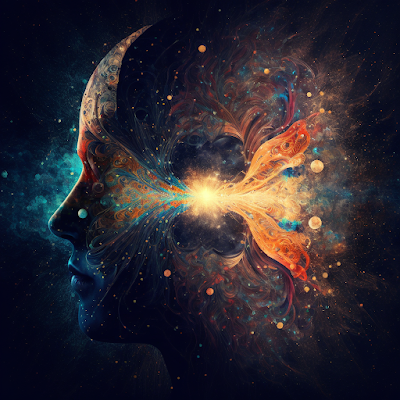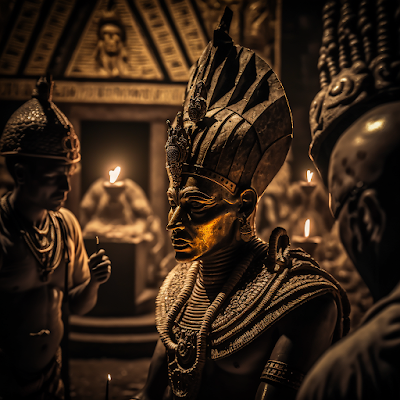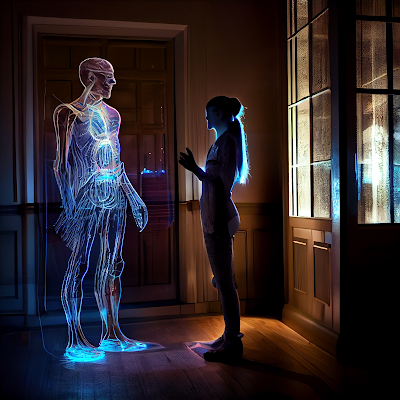Life After Death: Is There More to Life Than We Think?
Introduction
The question
of whether there is life after death has puzzled humanity for centuries. Many
cultures and religions have their own beliefs about what happens to the soul or
consciousness after death. In this article, we'll explore some of the most
common beliefs about the afterlife and why there is no scientific evidence to
support any one of them.
Belief in Reincarnation
One of the
most ancient belief systems that addresses the question of life after death is
the concept of reincarnation. This belief holds that the soul is eternal and
that after death, it is reborn into a new body. Many Eastern religions, such as
Hinduism and Buddhism, believe in reincarnation as a fundamental aspect of the
afterlife.
Belief in an Afterlife in a Spiritual
Realm
Another
belief system that addresses the question of life after death is the concept of
an afterlife in a spiritual realm. This belief holds that the soul continues to
exist after death and enters into a realm of the spirit, which can be either
good or bad depending on the individual's actions in life. Many Western
religions, such as Christianity, Judaism and Islam, believe in some form of an
afterlife in a spiritual realm.
Belief in Atheism
One of the
more recent theories about the afterlife is that death simply marks the end of
consciousness and that there is nothing beyond it. This belief, known as
atheism, holds that death is the end of the individual and that there is no
afterlife.
Lack of Scientific Evidence
Despite the
many different belief systems about what happens to the soul or consciousness
after death, there is no scientific evidence to support any one of them.
Scientists have yet to find a way to study the brain after death, and so any
theories about the afterlife remain purely speculative. Additionally, many of
the experiences that people claim to have had in near-death experiences are
subject to interpretation and are difficult to prove.
Conclusion














Comments
Post a Comment